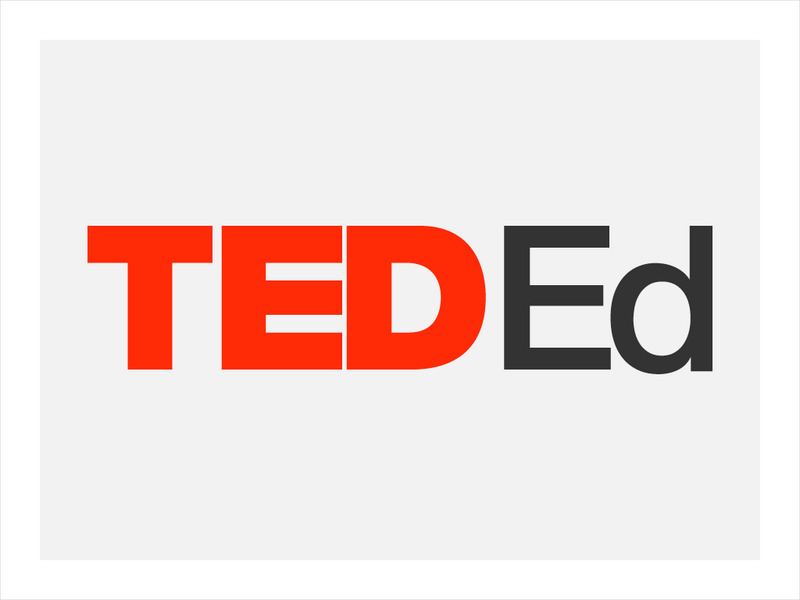Hi, what do you want to do?
Royal Society of Chemistry
Acids and Alkalis—Gifted and Talented Chemistry
Looking for a comprehensive plan for teaching acid-base chemistry? Science scholars discover acid-base interactions through a thoughtfully written unit. The resource is divided into paced activities and individual work designed to...
Teach Engineering
Service-Based Engineering Design Project
Do some good for the community while learning about engineering. Groups complete a service-based engineering design project over the course of five weeks. The resource provides guidance on how to conduct the project and help pupils get...
NASA
Space-Based Astronomy on the Internet
Young scientists compile everything they have learned into a report in the fifth and final lesson in a unit on the visible light spectrum. Access to photos from observatories, telescopes, and satellites allows learners to compare...
Agriculture in the Classroom
"Steer" Toward STEM: Careers in Animal Agriculture
Think like an engineer and an agricultural scientist over the course of 12 lessons in a STEM based unit. Young scientists take on the roles of animal physiologists, animal geneticists, agricultural engineers, animal nutritionists,...
Out-of-School Time Resource Center
Nutrition and Physical Activity
Emerging nutritionists explore what it means to be healthy. In the beginning of the unit, your class will examine the five food groups and learn how food gets from the farm to our plates. This leads into the investigation of...
Big Learning
The Antarctica Project: A Middle School Mathematics Unit
Antarctica is a big place, large enough to provide ample opportunities to learn about math. A two-week unit teaches middle school mathematics concepts using project-based learning. The resource covers functions, geometry (area,...
National Library of Medicine
Your Environment, Your Health: Air Quality
Some scientists argue that air pollution now causes more deaths than smoking. The second unit in a six-part series focuses on air quality. Scholars learn what's in the air, how clean the air around their school is, and what they can do...
National Library of Medicine
Your Environment, Your Health: Runoff, Impervious Surfaces, and Smart Development
Can a sidewalk increase the amount of pollution in local streams? Scholars learn the answer to this question though research and experimentation in the fifth unit in the six-part series. Pupils study runoff, impervious surfaces, and the...
NASA
Down to Earth
There are only 10 types of people in the world: those who understand binary and those who don't. The lesson includes four activities in which students learn binary, convert binary to images, understand CCD arrays, and interpret...
Intel
Energy Innovations
Collaborative groups examine the importance of energy resources on quality of life by researching different energy sources and alternative energy sources through data analysis. They make a comparison of different countries and cultures,...
National Library of Medicine
Your Environment, Your Health: Food Safety
Did youknow that chicken causes the greatest risk of food-borne illness. The fourth unit in a six-part series addresses food safety. Scholars research common scenarios of food causing illness through the National Institute for Health....
Columbus City Schools
May the Force Be with You
You won't have to force your classes to complete these engaging activities! Through exploration, young scientists learn that force has both magnitude and direction. They draw force diagrams, investigate force models, and complete a...
National Library of Medicine
Your Environment, Your Health: The Great Debate—Bottled Water vs. Tap Water in Our School
Should bottled water be sold in schools, or should they only provide tap water? The summative unit in the six-part series encourages scholars debating this topic. The lessons teach how to build an argument, how to gain background...
University of Southern California
Human Impact on the Sea
How far does the human hand reach? Five interactive lessons lead classes through a unit exploring the human impact on ocean resources, pollution, and even extinction. Learners discover how their decisions affect the ocean...
TED Talks
Ted: Ted Ed: How I Teach Kids to Love Science
Science class, how do you feel about it? How would you feel if you were allowed to choose any local, remote, or global environmental problem to fix? What would you choose? How would you go about fixing it? Cesar Harada's science class...
Other
Neef: Greening Stem Toolkit
The National Environmental Education Foundation is greening the STEM program in an effort to attend to the demands of the environmental challenges facing the nation and the world in the 21st Century. Lessons included in this toolkit...




















